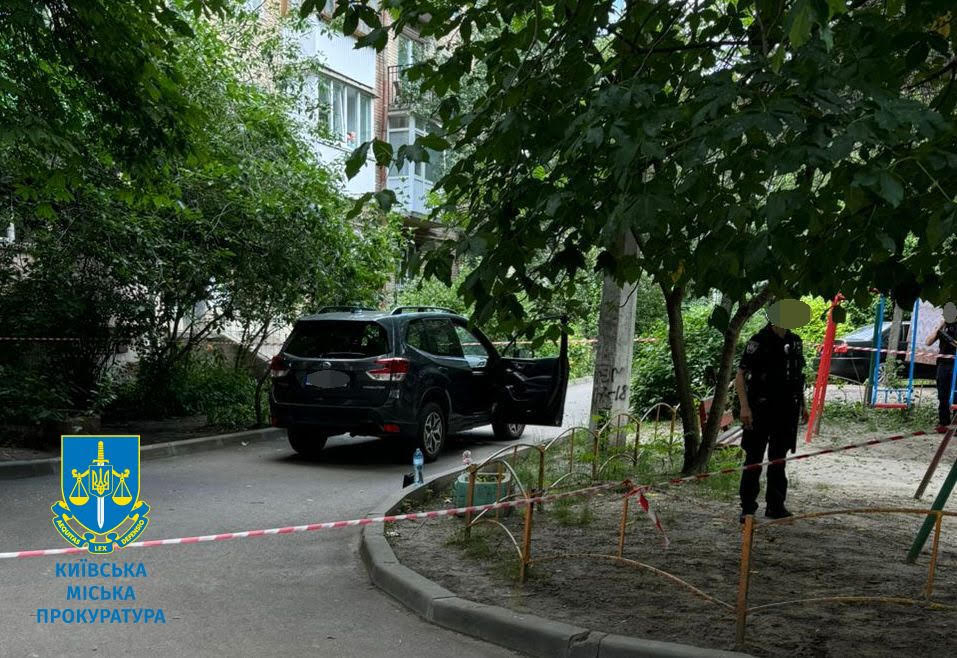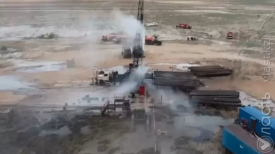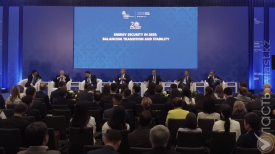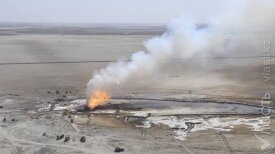- ВКонтакте
- РћРТвЂВВВВВВВВнокласснРСвЂВВВВВВВВРєРСвЂВВВВВВВВ
Despite widespread criticism for its negative effect on press freedom, President Kassym-Jomart Tokayev signed the Mass Media bill into law on June 19. This new legislation establishes a Unified Media Platform, intended to implement the government's information policy. Web-based resources will now be also considered “media” and foreign media journalists will be subjected to new, albeit unspecified, accreditation rules.
Police in Ukraine suspect that two citizens of Kazakhstan had tried to kill on June 18 Aidos Sadykov, a journalist from Kazakhstan who moved to Ukraine in 2014. Sadykov and his wife Natalya have worked as advocates for opposition groups against former President Nursultan Nazarbayev through their social media channel Base. Since 2019, they have redirected criticism towards Tokayev. According to accounts from Natalya Sadykova, two people shot at her husband near their home. He is now at a hospital in Kyiv. Both Aidos and Natalya are in Kazakhstan’s wanted list since 2023. “This may have a chilling effect on many others who criticize the authorities or express discontent, leaving them to live in fear,” Hugh Williamson, Europe and Central Asia director at Human Rights Watch, said.
The Japanese government imposed sanctions against Elem Group, a company based in Kazakhstan, on June 21. This company was previously included in the sanctions lists of the United States and the European Union. An investigation by RFERL last year revealed that Elem Group was among the companies that transferred dual-use goods to Russia, which could then be used in its war efforts in Ukraine.
David O’Sullivan, the European Union’s sanctions envoy, visited Astana on June 18 and highlighted the shortcomings in Kazakhstan’s efforts to avoid the transfer of dual-use goods that Russia could deploy on the battlefield in Ukraine. The recent increase of re-export indicators, EU representatives said last week, is a worrying trend.
The General Prosecutor’s Office canceled on June 19 a deal that transferred ownership of the baggage terminal at the Khorgos commercial hub to companies connected to Nurbol Nazarbayev, the nephew of the former president. “Gross procedural violations” rendered the sale invalid, according to the Prosecutor. Located at the border with China, Khorgos is an ambitious project aimed to foster trade between the two countries. Nurbol Nazarbayev, one of Kazakhstan’s richest, served in the ranks of the ministry of internal affairs before heading a number of investment companies in 2018.
Qatar’s Power International Holding will pay around $1.1 billion to buy MTS, a telecoms operator that owns Tele2 in Kazakhstan, from its owner, state-controlled Kazakhtelecom. The deal was announced in February, but the ministry of digital development only now disclosed the sum.
The Atyrau regional prosecutor’s office reported that a subsoil user was fined 12.2 billion tenge ($26 million) for gas flaring. While not disclosing the name of the company that was fined, the move signaled the government’s crackdown on environmental violations against extractive companies in the Atyrau region, which produces the vast majority of Kazakhstan’s oil and gas output.
Поддержите журналистику, которой доверяют.








